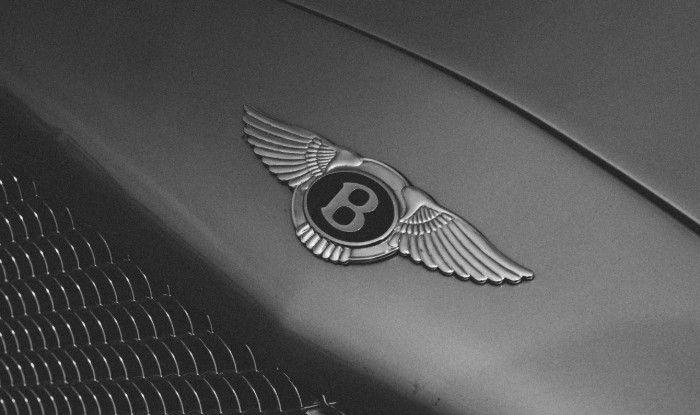Manchester-based ‘Bentley’ clothing’s recent trade mark victory over the world famous Bentley Motors has attracted much press attention as a David and Goliath story. We consider the implications for brand owners.
The dispute[i]
The Bentley clothing company (‘Bentley Clothing’) was established in 1962 and sold “British sportswear for ladies and gentlemen” bearing the Bentley name. It has no connection to the luxury car maker. Bentley Motors also sold clothing and headgear, which featured its B-wings device, and Bentley Clothing had no objection to this. However, it objected to the use of this device in combination with the name BENTLEY. This, it argued, constituted infringement of its own registered trade marks for the word BENTLEY.
Victory for Bentley clothing
Finding for the Manchester company, Judge Hacon, sitting in the High Court, held that Bentley Motors’ use of BENTLEY infringed the clothing company’s trade marks. He found that consumers were likely to perceive the word BENTLEY as separate from the wings device, so that there was clear use of the word BENTLEY on its own and clear infringement. He added that even if consumers were to regard the wings and name together as one composite logo, there would still be infringement, because there was still a likelihood that consumers would be confused into believing that there was a business connection with Bentley Clothing. This second point will be relevant if on appeal the court were to decide that the public were likely to perceive it as a composite logo.
Peaceful co-existence or Grandmother’s footsteps
In its defence Bentley Motors argued, among other things, that the two companies’ ‘Bentley’ branding had co-existed in the market place for at least nine years without any actual confusion having come to light, each having goodwill in their respective clothing businesses. In these circumstances, they said, the defence of ‘honest concurrent use’ was available to them. This defence previously existed under English law and was established in EU law by the European Court of Justice in the case of the Budweiser/Budvar and would have allowed Bentley to continue to use the Bentley name as they had been doing. The key reason why Bentley Motors did not succeed in this argument, however, was the judge’s view that it had been using a trade mark strategy known as ‘grandmother’s footsteps’. It had made a conscious decision to develop the use of BENTLEY in relation to clothing and headgear, increasing the prominence of the sign in incremental stages, hoping that no one step would provoke a reaction from Bentley Clothing. Ultimately, the aim was to “extinguish Bentley Clothing’s right altogether”. This, the judge held, was not ‘honest’. Bentley Motors is reported to have said it will appeal.
Implications of the case
Expansion of luxury brands into accessories such as clothing and hats as well as many other types of goods is not unusual and may be regarded as a natural part of building the brand. The existence of the smaller, but certainly not unknown, Bentley clothing brand proved to be a fly in the ointment in this case. The evidence suggested that the two brands had initially developed quite independently and that the car maker did not know about Bentley clothing until the smaller company approached them in 1998 to offer them a licence. However, from this point the car maker is alleged to have ‘strung them along’ while taking steps to increase its own use of the name Bentley on clothing and headgear. The decision emphasises the importance of carrying out early trade mark clearance searches and trying to negotiate a settlement if there are competing marks.
[i] Bentley 1962 Ltd, Brandlogic Ltd v Bentley Motors Ltd [2019] EWHC 01.11.19

 Tom Lingard
Tom Lingard